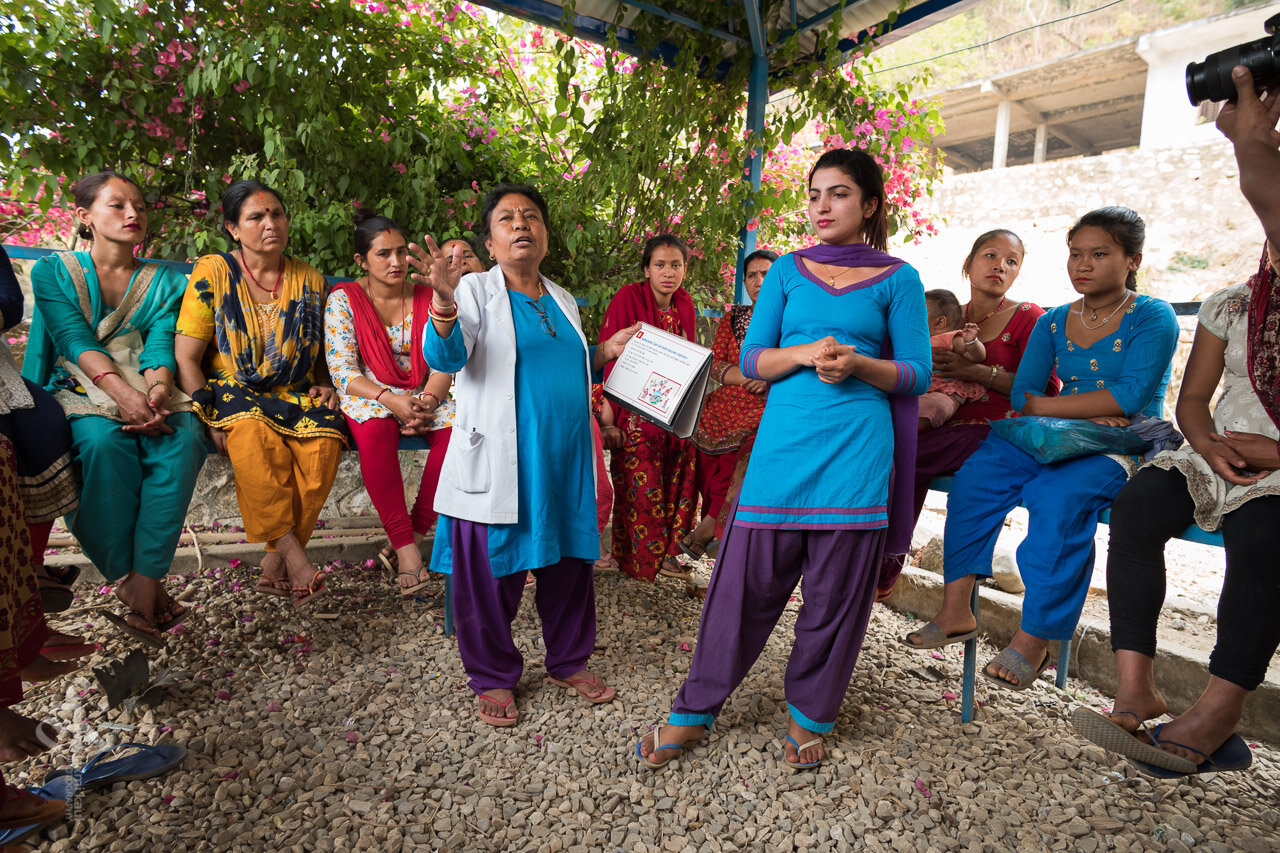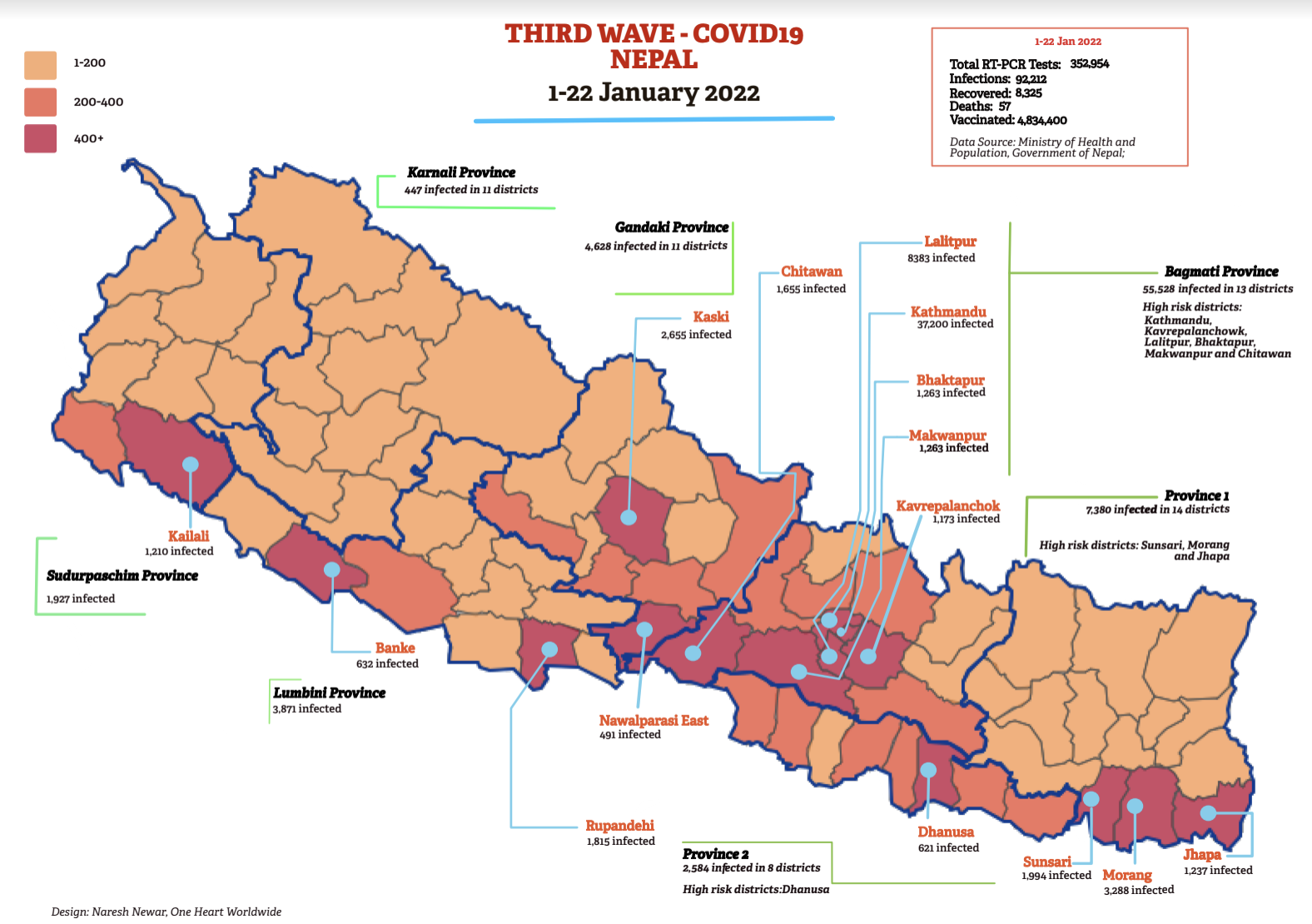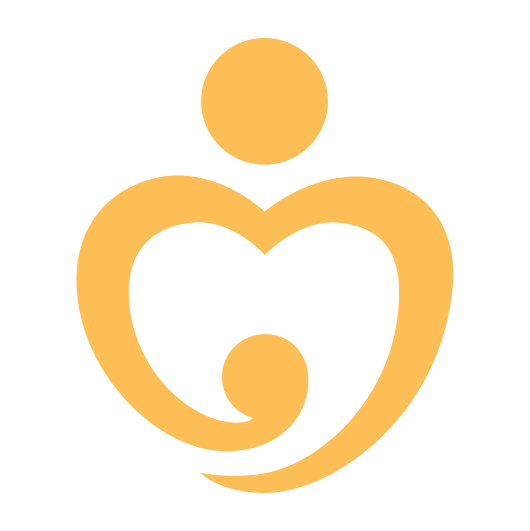
Stories from the field

Footprints for sustaining quality maternal and neonatal healthcare
Local government efforts and investments in Sankhuwasabha are helping to work towards a strengthened health system with the support of One Heart Worldwide.

A hope for change: Preventing life-threatening risks for mothers and babies in remote Dolpa
For rural communities in Dolpa, one of Nepal’s most remote districts, quality healthcare for mothers and babies is often a huge challenge. One Heart Worldwide is helping the local government in the rural municipalities of the district to help improve maternal and neonatal health services.

Meet OHW Staff member: Nikita Chaudhary
As one of the youngest staff at the One Heart Worldwide Nepal office, 25-year-old Nikita is contributing to our work as the Training and Field Supervisor in Sarlahi District of the Madhesh Province, which lies in the south of Nepal, close to the border with India. Trained as a professional nurse, Nikita has been helping government nurses in rural health facilities by enhancing their nursing skills and knowledge specifically in maternity and neonatal care. With her team in Sarlahi, Nikita has contributed towards providing quality care for mothers and babies who belong to the most marginalized communities.

Meet OHW staff member: Lok Mani Jiri
As one of the newest staff members of OHW, Lok Mani Giri joined us in August 2022 as the District Coordinator of Rukum West. This is one of our most recent program districts in Karnali Province. An experienced public health professional for the past 10 years, Lok is also a registered Laboratory Technician. He has academic degrees in Public Health from Nepal, and in Global Health from Denmark. Lok is already on the ground in his duty station representing OHW contributing to efforts of local governments to bring quality MNH care to rural communities. He shares his experiences working with OHW.

A new birthing center: A tribute to our friend and colleague, Mr. Rajesh Shrestha
In August 2021, the One Heart team lost one of our dear colleagues, Mr. Rajesh Shrestha. A year later, his wife Geizing, spoke at the inauguration of an upgraded birthing center that was dedicated to her late husband.

A new journey: OHW in the Madhesh Province
OHW launched its program in Madhesh Province this year. Madhesh Province is a province in the southeastern region of Nepal that was formed after the adoption of the Constitution of Nepal. It is Nepal's most populous province, and smallest province by area. The challenges of working here are different to other provinces we have previously worked in but there are also many opportunities to make a difference in Nepal’s maternal care services.

The Journey of a nurse in Rural Nepal
Nepali nurses working in rural government health facilities often lack much-needed skills and knowledge and they need professional guidance consistently. Poor knowledge affects both their confidence and self-esteem hampering their work as service providers. This is where the OHW team is making a difference in rural Nepal. I met Nurse Manju who is an example of how life as a nurse has transformed with our support so that she can serve rural mothers and babies. Her story taught me a lot about how a little help can bring a great change.

The Golden Minute - a life Or death situation
For nurses working in rural Nepal, every birth delivery is a challenge working hard to prevent risks for both the mother and their babies. A beneficiary of OHW’s Simulation Based Mentorship Program, Nurse Rita Ale Magar is one of those nurses who shares her story of how she saved a young mother and her baby, who were both in a near-death situation.

A Surprise Birthday Gift – the first One Heart baby
In 1998 I was invited to Lhasa, Tibet to help start a Plastic Surgery Project with Interplast to repair birth defects (cleft lips). On that trip I met the Director of the Lhasa Municipal Hospital Dr. Lu Xing, I shared with him that my specialty was Maternal and Child Health and that I was working at the University of Utah Medical School. He asked me if I could bring high-risk doctors to help the OBGYN department.

Annual Report story from the field
Creating quality maternity care is not just about constructing a new birthing center and providing quality equipment. It is also about promoting ownership among local stakeholders to create a sustainable MNH system that can help nurses to save lives.

QIP process: A stepping stone to building a quality birthing center
Nagina Kumari U. was barely 18 when she gave birth to her first baby at Urampokhara Health Post in Bihadi Gaunpalika. She recalls how inconvenient it was to deliver her baby here. It had a birthing facility but hardly qualified as one. The conditions were so deplorable that most mothers from this rural municipality ward refused to visit this birthing center.
“Today, there has been a big transformation with help from One Heart Worldwide, which has provided a lot of guidance on how to make improvements,” says 21-year-old Nagina, who has now joined the birthing center as the nurse.

MNH Helpline Technical Brief
In times of crisis, we are forced to be innovative for survival.
COVID-19 created huge challenges for health service providers but also created opportunities for innovation. As soon as the first wave of COVID-19 started, the risks for maternal and neonatal healthcare service providers increased.

We are Sisters to all Mothers
Government rural nurses always walk extra miles to help keep mothers and their babies safe in their communities. Their stories, often unheard in mainstream media, are inspiration of how Nepali nurses work hard to help local community in safe motherhood practices. Skilled Birth Attendant Rita Dhungana is one of government nurses who received support from OHW for developing her skills through our Simulation-based Mentorship Program (SBMP) and, we are proud to share her story.

Going a step further: How OHW Supports rural communities
In rural areas of Nepal, local communities face many challenges to get access to quality maternity services. These are also the areas where local government health offices are faced with limited financial resources to develop local health capacity, buy equipment, renovate and build birthing centers. This is where OHW’s partnership model has helped to build local capacity - through cost-sharing, knowledge-building, management and entrepreneurial skill development.


Surviving motherhood: Brave mothers and dedicated nurses
For many Nepali mothers living in the most remote parts of rural hills and mountains, it is their worst nightmare to get any sudden complications during birth delivery. But with help from nurses, trained as Skilled Birth Attendants (SBAs) by One Heart Worldwide, the local birthing centers have been able to save so many lives.





